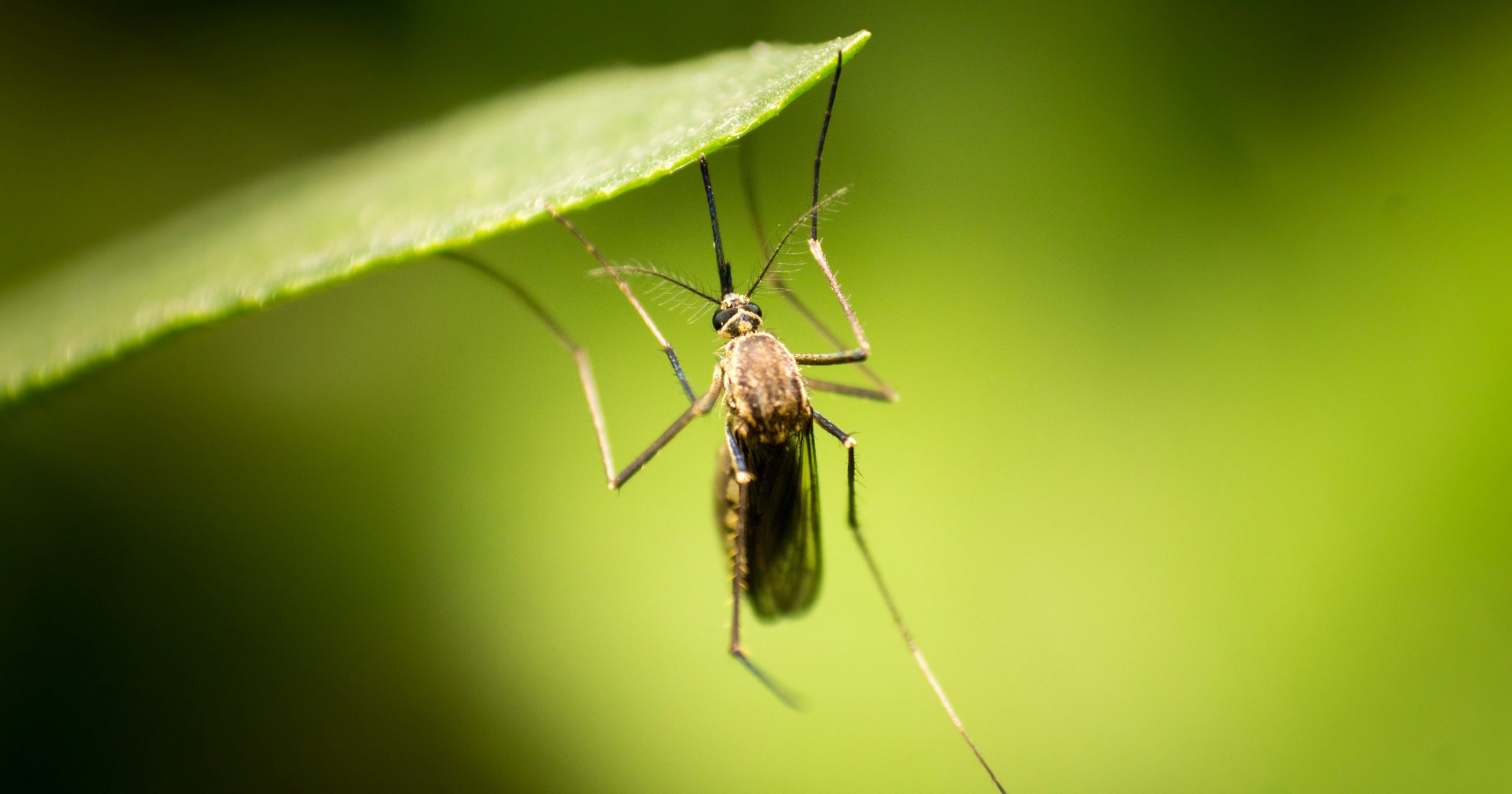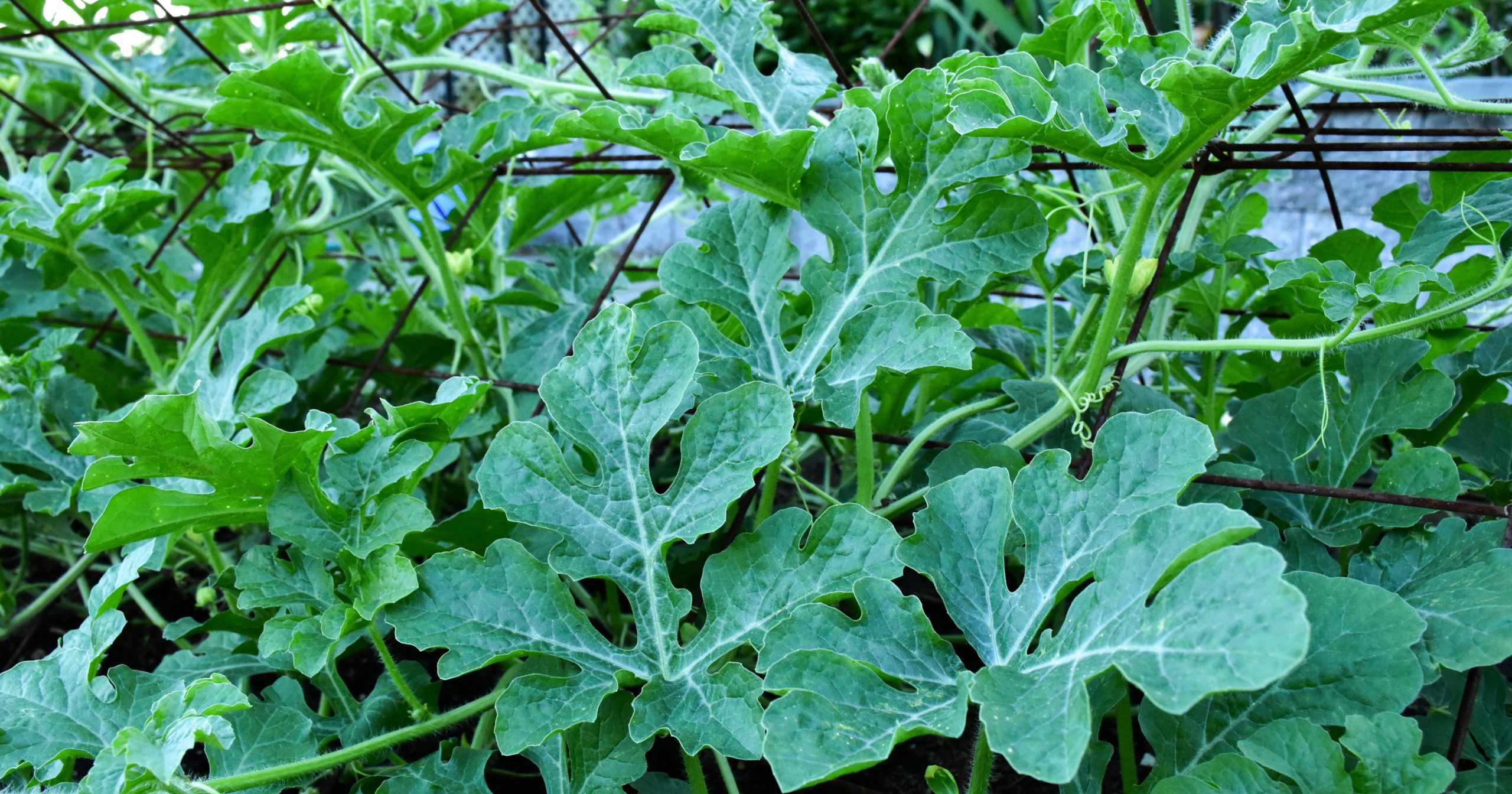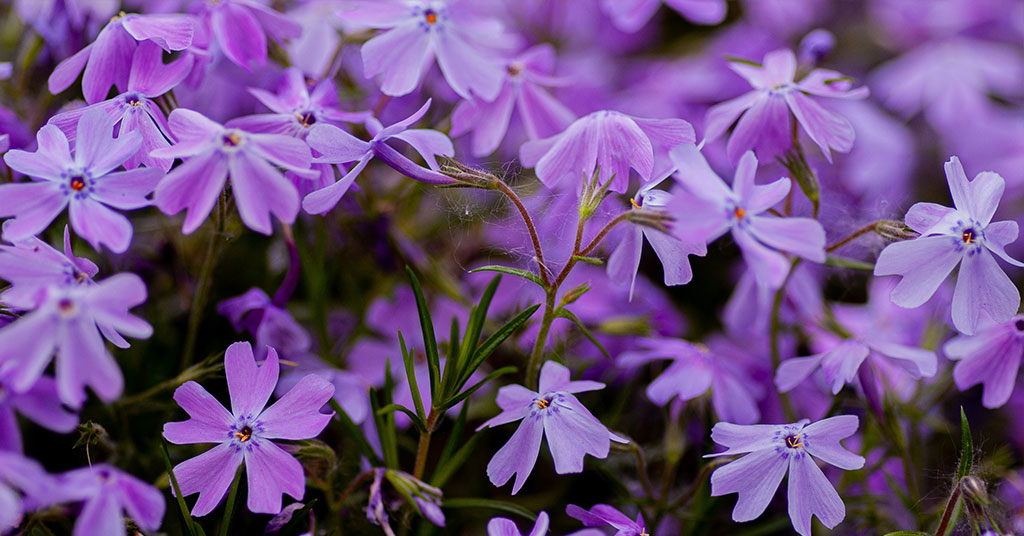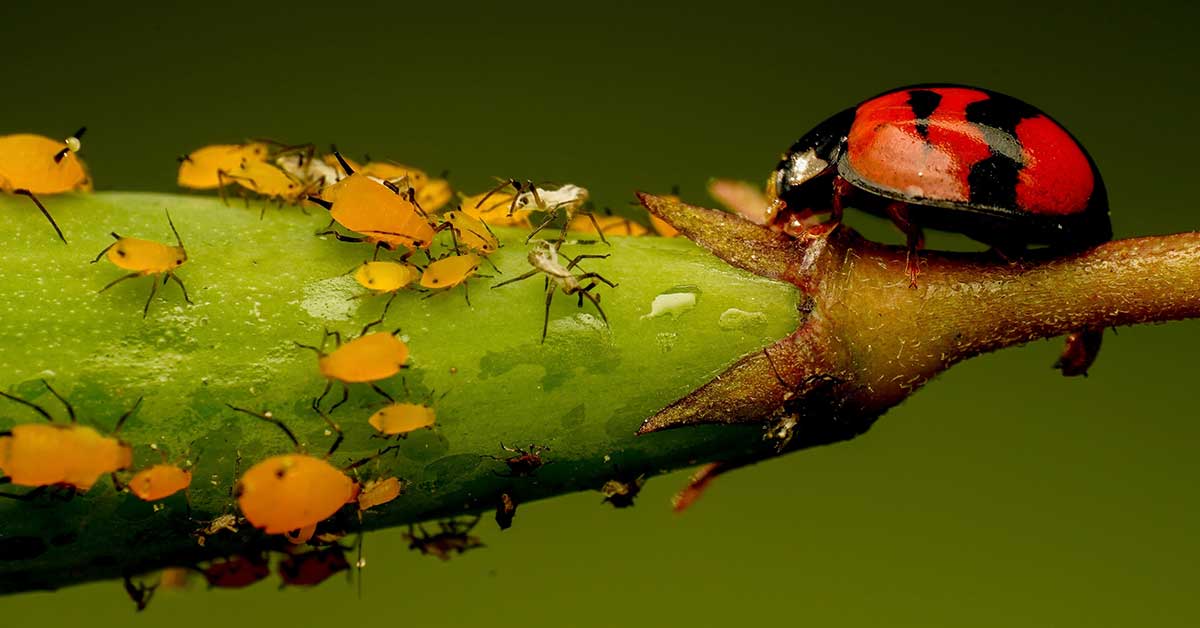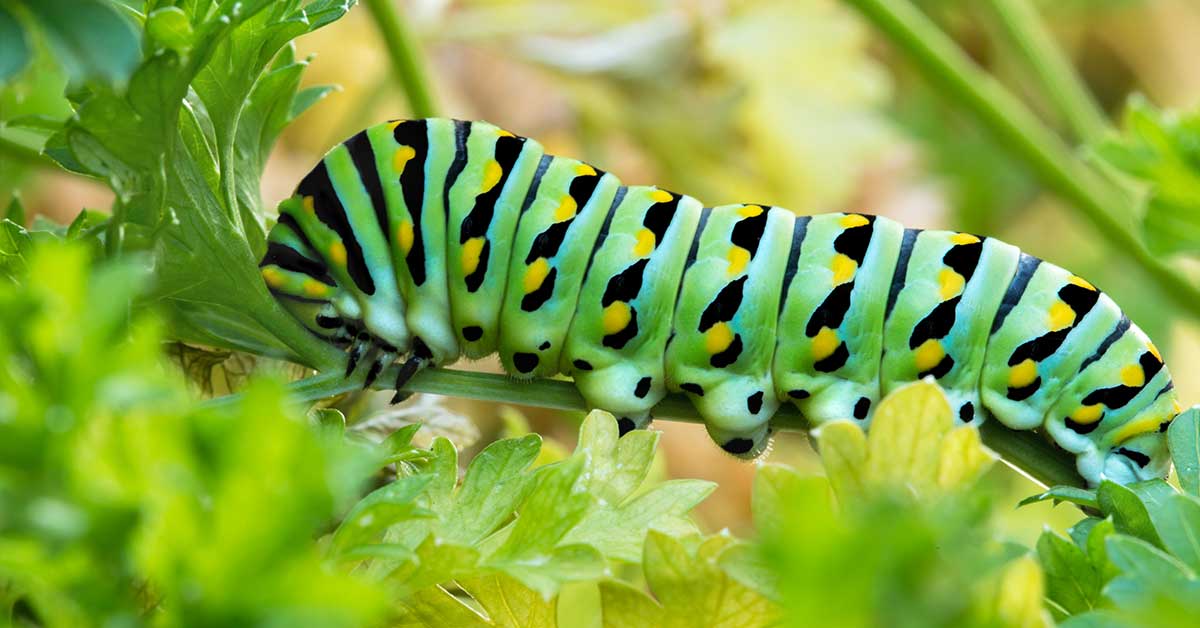Hey there! As the warm weather rolls in, so do our not-so-welcome guests: mosquitoes. These buzzing pests aren’t just annoying; they can also ruin our summer fun and, in some cases, pose health risks. But don’t worry, we’ve got you covered! In this article, we’re diving into the world of mosquito control.
We’ll explore a bunch of smart, proven ways to keep these pesky insects at bay, from simple tricks you can do today to more savvy strategies that’ll make your summer a breeze. Whether you’re chilling in your backyard, hosting a barbecue, or just enjoying the great outdoors, we’re here to help you make your summer mosquito-free.
Eliminate Standing Water
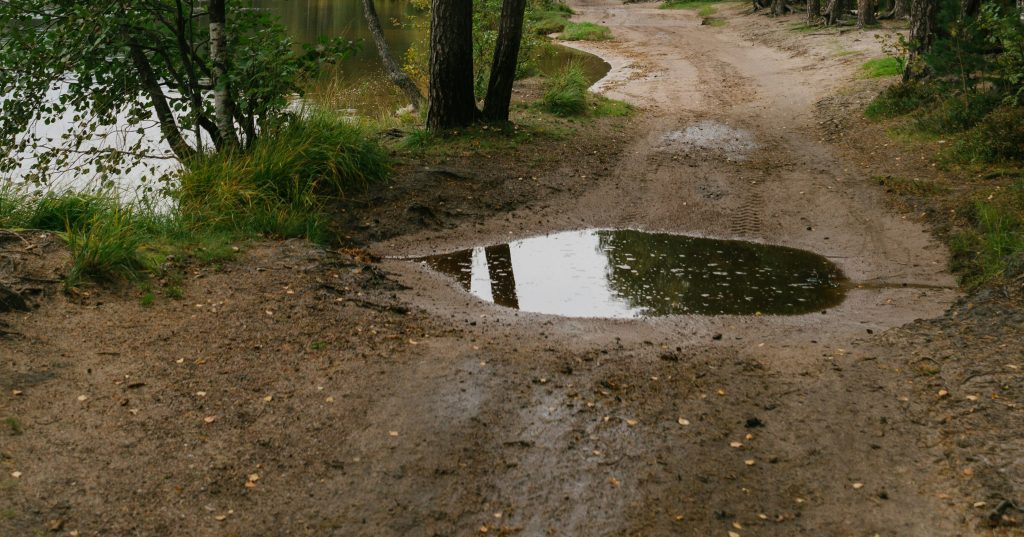
Mosquitoes breed in standing water, so eliminating these water sources is a crucial step in controlling their population. Regularly check your property for places where water can accumulate, such as bird baths, plant saucers, clogged gutters, and unused containers. Empty and clean these items at least once a week. For necessary water bodies like decorative ponds, consider solutions like aeration or mosquito-eating fish to prevent mosquito breeding.
Use Mosquito Dunks
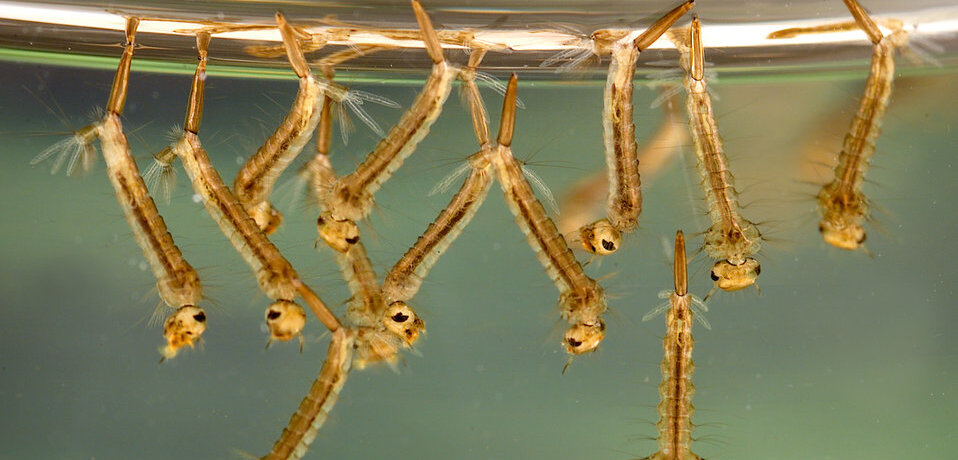
For water bodies that cannot be drained or eliminated, such as rain barrels or large ponds, use mosquito dunks. These are biodegradable, nontoxic products that contain Bacillus thuringiensis israelensis (BTI), a bacteria that kills mosquito larvae but is safe for pets, wildlife, and humans. Simply place a dunk in the water, and it will work for up to 30 days, providing a long-term solution to prevent mosquito larvae from developing into adults.
Install Screens and Nettings
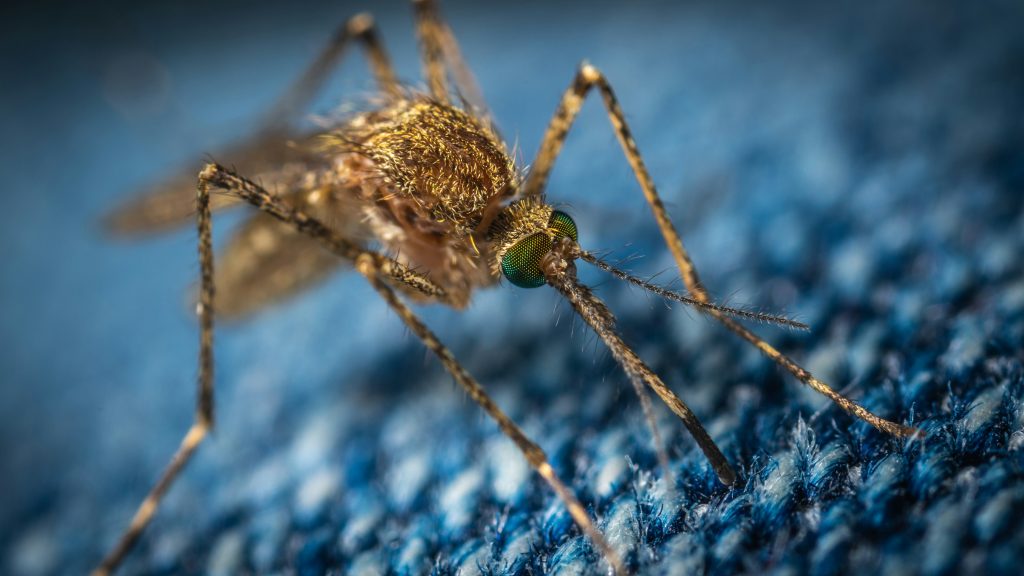
To keep mosquitoes outside where they belong, ensure that all windows and doors have tight-fitting screens without any holes or tears. Consider using mosquito netting around porches, patios, or beds if mosquitoes are a significant problem in your area. These physical barriers can effectively prevent mosquitoes from entering your home or biting you while you sleep, significantly reducing the risk of mosquito-borne diseases.
Apply Insect Repellent
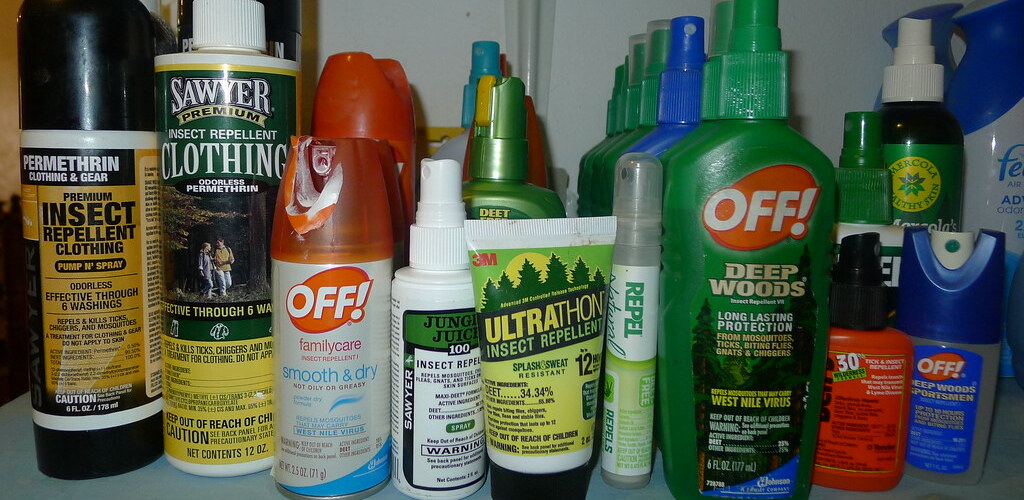
Using insect repellents on exposed skin and clothing is an effective way to prevent mosquito bites. Products containing DEET, picaridin, IR3535, or oil of lemon eucalyptus have been proven effective. Always follow the product instructions for application and reapplication times. For children, choose repellents that are specifically formulated for their sensitive skin and follow the age recommendations on the product label.
Encourage Natural Predators
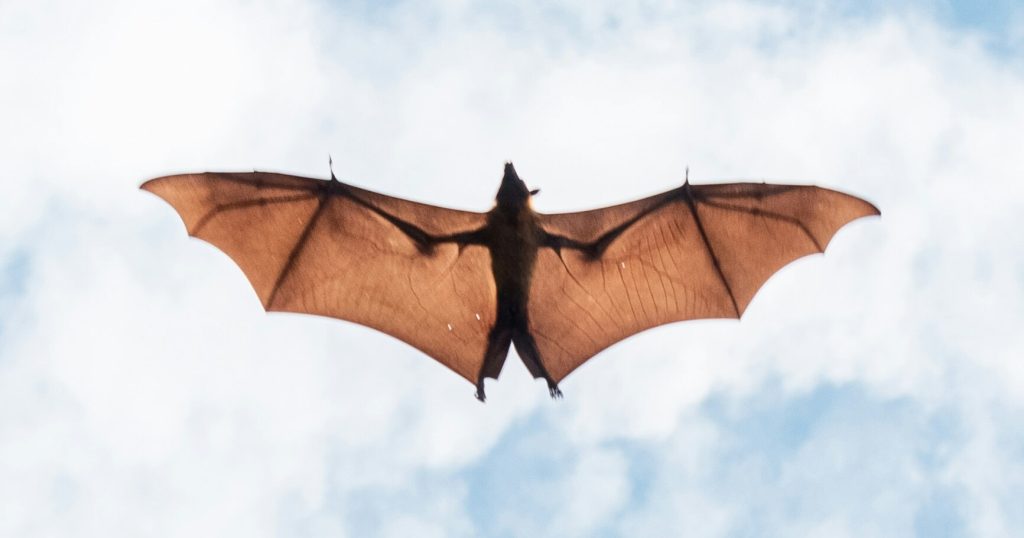
Encouraging the presence of natural mosquito predators can help control the mosquito population in your area. Bats, birds, dragonflies, and certain fish species, such as gambusia or mosquito fish, are known to consume large amounts of mosquitoes. Installing bat houses, bird baths, or creating a backyard pond can attract these predators, providing a natural and eco-friendly way to reduce mosquito numbers.
Use Outdoor Mosquito Repellent Devices

Several outdoor mosquito repellent devices are available on the market, including mosquito traps, ultrasonic repellents, and spatial repellents like citronella candles or thermacell devices. These products can help reduce the number of mosquitoes in a specific area by either trapping, killing, or repelling them. For best results, use these devices in conjunction with other methods, especially during peak mosquito activity times, such as dawn and dusk.
Landscape with Mosquito-Repellent Plants

Planting mosquito-repellent plants around your yard can help deter mosquitoes with their natural fragrances. Plants like citronella, lavender, marigolds, basil, and catnip have been reported to have mosquito-repellent properties. While the effectiveness of these plants can vary and they won’t eliminate mosquitoes, they can be part of an integrated approach to reducing mosquito presence, especially when planted near outdoor living spaces.
Periodic Water Dumping Strategy
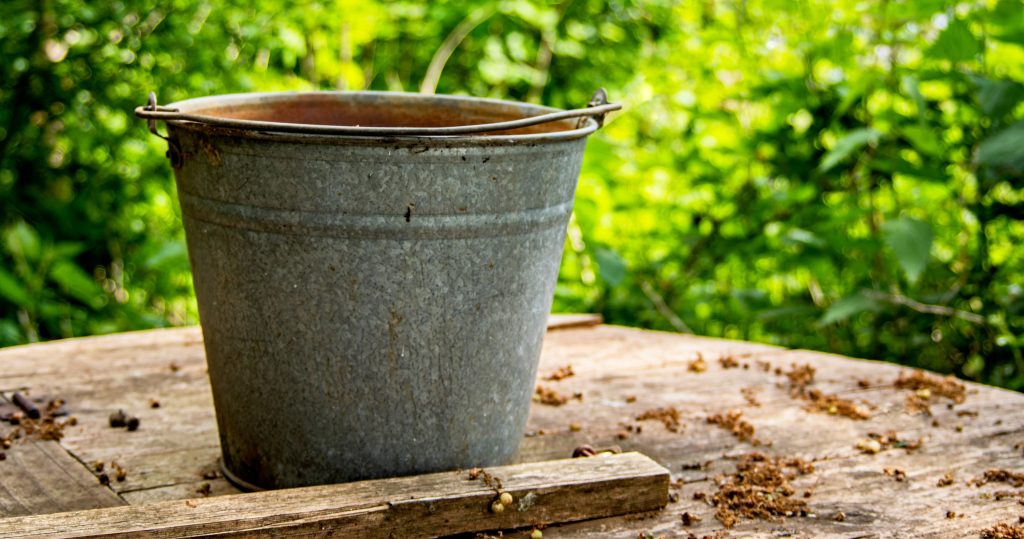
Intentionally leaving standing water and then dumping it at least once a week can effectively interrupt the mosquito breeding cycle. Mosquitoes can go from egg to adult in as little as 7 to 10 days, so by emptying containers, bird baths, and other water-holding items before mosquitoes mature, you prevent a new generation from taking flight. This method requires diligence and regular maintenance to ensure timing aligns with disrupting the breeding process.
Use of Mosquito Nets and Fans Outdoors
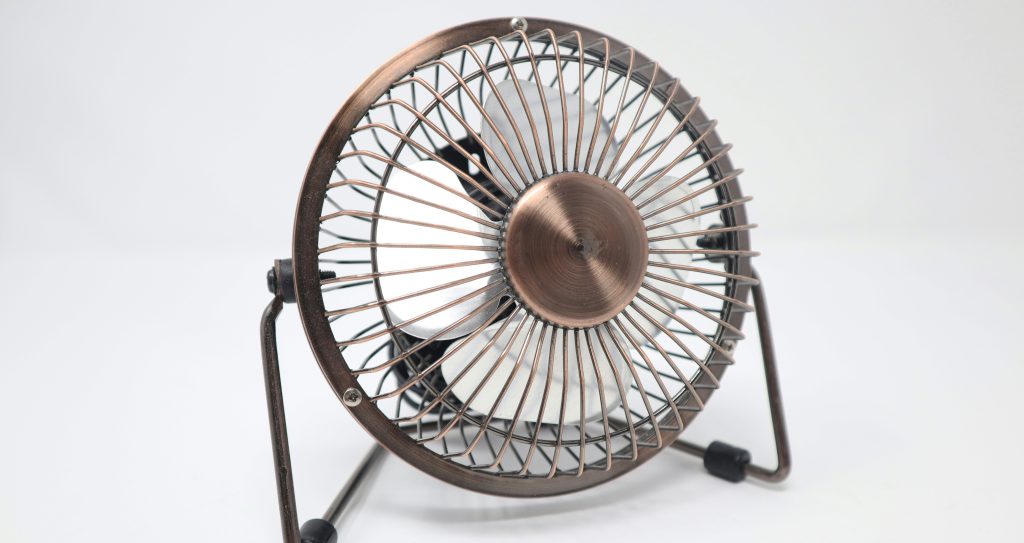
For outdoor seating areas, consider using large mosquito nets to enclose the space, providing a barrier against mosquitoes. Additionally, using outdoor fans can help keep mosquitoes away; they are weak flyers, and the strong breeze created by a fan can make it difficult for them to land and bite. Position fans to blow across the area where people gather, reducing mosquito activity in that space.
Soil Drainage Improvement

Poorly drained soil can create puddles that serve as breeding sites for mosquitoes. Improving the drainage of your yard can prevent water from pooling and becoming mosquito breeding grounds. Aerate your lawn to enhance soil absorption, and consider installing French drains or adjusting the landscape to facilitate water flow away from your property.
Professional Mosquito Control Services
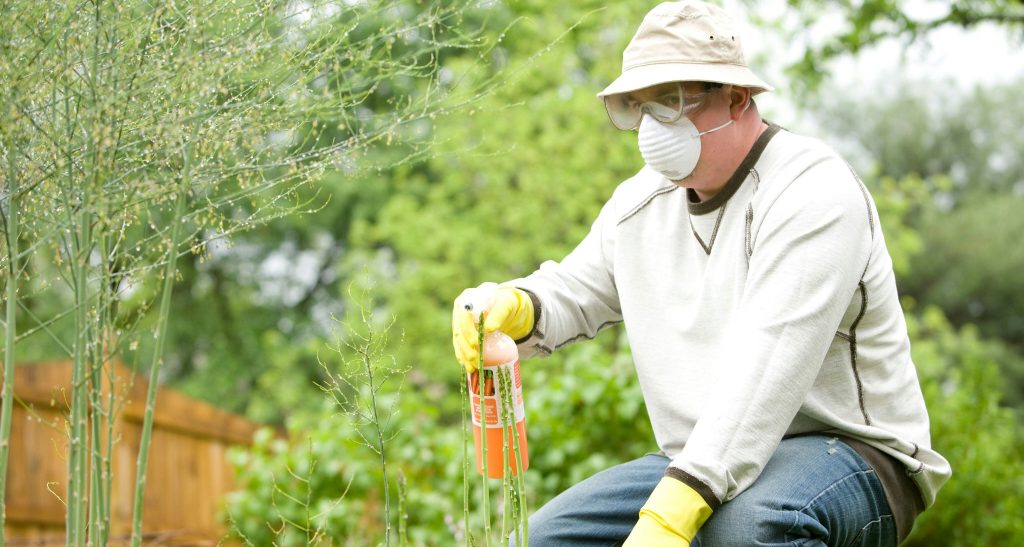
For severe mosquito problems, professional pest control services can offer more intensive solutions, including barrier treatments that kill adult mosquitoes and prevent them from entering treated areas. These services can provide tailored solutions to your specific situation and offer advice on long-term mosquito management strategies.
Mosquito Larvicides for Large Bodies of Water
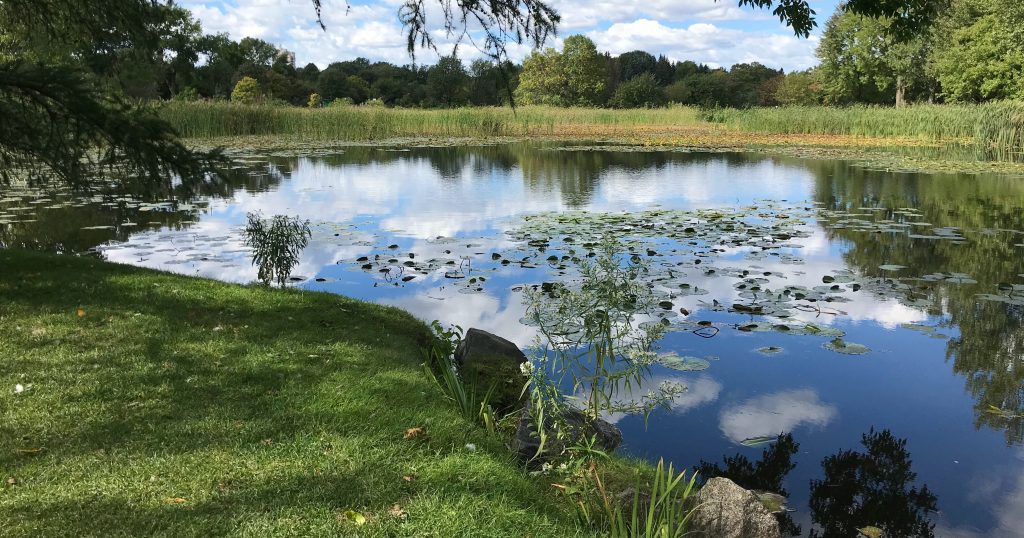
For larger bodies of water that cannot be emptied or covered, such as ponds or ditches, consider using mosquito larvicides. These products target mosquito larvae before they can develop into adults. Always choose environmentally friendly options and follow the application guidelines to avoid harming non-target wildlife.
